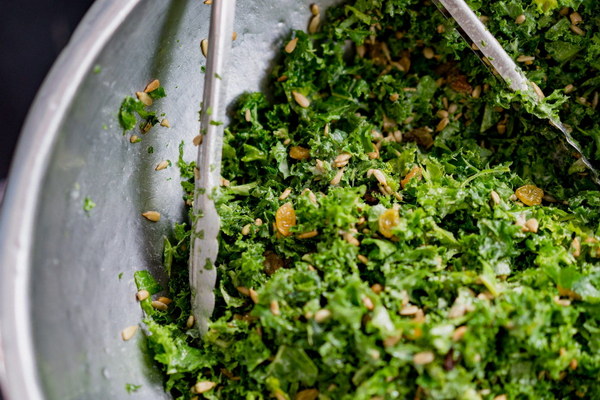Understanding the Concept of Liver Care What It Means to Nourish Your Liver
The liver is an essential organ that plays a crucial role in maintaining the body's overall health. Known as the body's detoxification center, the liver filters harmful substances from the blood and produces bile, which is necessary for digestion. However, due to poor diet, excessive alcohol consumption, and other lifestyle factors, the liver can become overburdened and damaged. This is where the concept of nourishing the liver comes into play. But what exactly does it mean to nourish the liver, and how can one achieve it? This article aims to provide a comprehensive understanding of liver care and the steps one can take to keep this vital organ healthy.
Firstly, it is important to understand that nourishing the liver refers to the practice of adopting lifestyle and dietary habits that support the liver's proper functioning. This involves avoiding harmful substances and incorporating liver-friendly foods and activities into one's daily routine.
One of the primary ways to nourish the liver is by maintaining a balanced and nutritious diet. Certain foods can help protect and support liver health, while others may put unnecessary strain on the organ. Here are some key dietary recommendations for liver care:
1. Consume plenty of fruits and vegetables: These are rich in antioxidants, vitamins, and minerals that help protect the liver from damage. Dark leafy greens, such as spinach and kale, are particularly beneficial.
2. Eat healthy fats: Good fats, like omega-3 fatty acids found in fish, nuts, and seeds, can help reduce inflammation and support liver function.
3. Limit alcohol consumption: Excessive alcohol can cause significant liver damage. It is important to consume alcohol in moderation or avoid it altogether.
4. Choose whole grains: Whole grains provide fiber, which can help reduce the risk of liver disease. Incorporate whole grains such as brown rice, quinoa, and whole-wheat bread into your diet.
5. Avoid processed foods and sugary drinks: These high-calorie, low-nutrient foods can contribute to weight gain and obesity, which are risk factors for liver disease.
6. Limit red meat and high-fat dairy products: These foods can contribute to inflammation and oxidative stress, which may harm the liver.
In addition to dietary changes, there are several lifestyle factors that can help nourish the liver:
1. Exercise regularly: Regular physical activity can improve overall health, including liver function. Aim for at least 150 minutes of moderate-intensity aerobic exercise or 75 minutes of vigorous-intensity exercise per week.
2. Manage stress: Chronic stress can affect the liver's ability to function properly. Techniques such as meditation, deep breathing exercises, and yoga can help manage stress levels.
3. Get enough sleep: Adequate sleep is crucial for liver health. Aim for 7-9 hours of sleep per night to allow the liver to regenerate and repair itself.
4. Avoid smoking: Smoking can increase the risk of liver disease and decrease the liver's ability to heal itself.

5. Limit exposure to toxic substances: This includes avoiding exposure to harmful chemicals found in household cleaning products, pesticides, and air pollution.
By incorporating these lifestyle and dietary changes, one can effectively nourish the liver and promote its overall health. However, it is important to note that while these practices can support liver function, they may not be sufficient to reverse severe liver damage. If you suspect you have a liver condition, it is essential to consult with a healthcare professional for proper diagnosis and treatment.
In conclusion, nourishing the liver involves adopting a healthy lifestyle and diet that supports its proper functioning. By making these positive changes, you can help ensure the health and longevity of this vital organ and enjoy a better quality of life.









